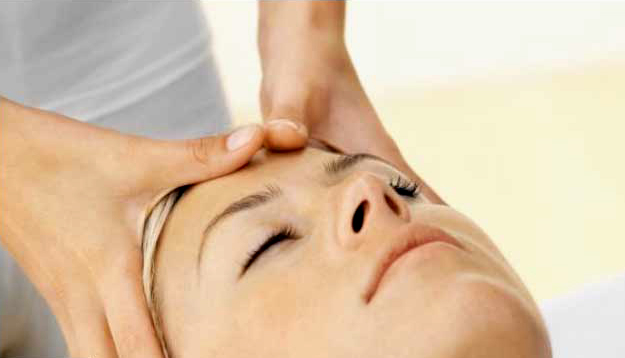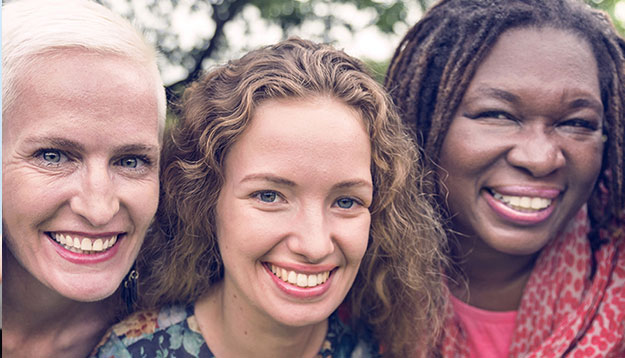Dr. Fitz's Biography
Double board certified in Obstetrics and Gynecology and Integrative Medicine. She is licensed in NY and CT. Dr. Fitz obtained her undergraduate degree from Haverford College in 1993, and then pursued her medical degree at Northwestern University. She completed a residency in Obstetrics and Gynecology at the University of Maryland in 2003. After working for more than a decade in traditional gynecological practices, she became interested in finding a way to incorporate more holistic approaches with patients. Her interest in mindfulness and meditation lead her to pursue a two-year fellowship at the University of Arizona Center for Integrative Medicine, under the leadership of world renowned Integrative physician, Dr. Andrew Weil. She began incorporating functional medicine to her practice while working under the mentorship of Dr. Susan Blum at the Blum Center for Health in Rye Brook, NY. In December 2017 Dr. Fitz founded Women’s Integrative Health. In her practice she melds traditional medicine with non-Western approaches, nutrition, botanicals, mind/body therapies, lifestyle interventions, bioidentical hormones and functional medicine to help women address their health concerns. She specializes in women’s health including preconception care, irregular/painful periods, PMS and PMDD, vaginitis, HPV, cancer risk reduction, fibroids, endometriosis, PCOS, peri-menopause, menopause, thyroid disease, adrenal dysfunction, weight loss, irritable bowel, insomnia, anxiety, and depression. She is particularly interested in how food and stress influence our health.
Dr. Fitz's Full Circle Blog Articles
 |
One question that I am often asked is, “what is the difference between Integrative and Functional Medicine?” The truth is, there is a lot of overlap between the two. Both are patient centered approaches that underscore the importance of nutrition and lifestyle. Let me describe them. Integrative Medicine is a holistic approach that emphasizes: The whole person: mind, body, and spirit Wellness instead of illness Food as medicine All healing modalities: herbs, supplements, manual therapies, mind-body practices, aromatherapy, functional medicine, …
|





